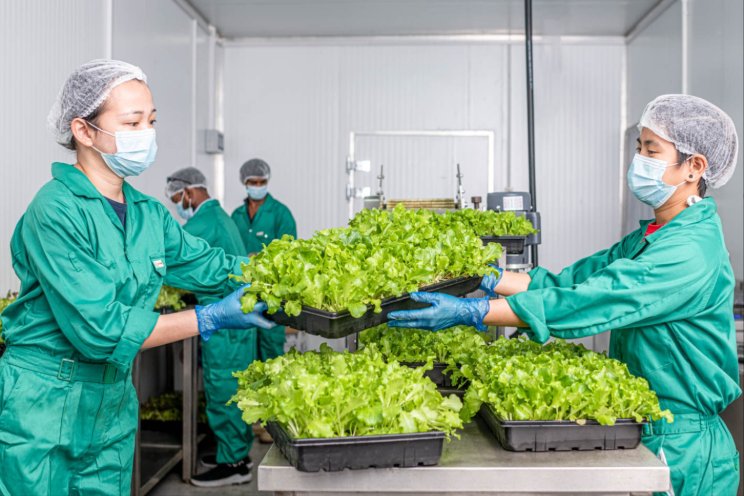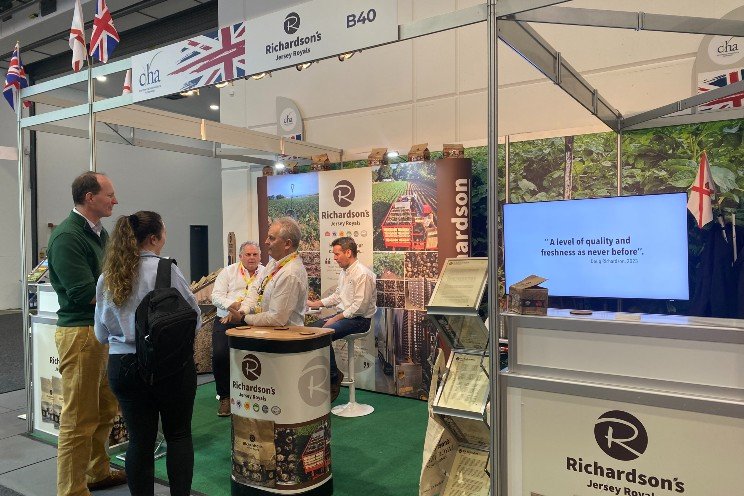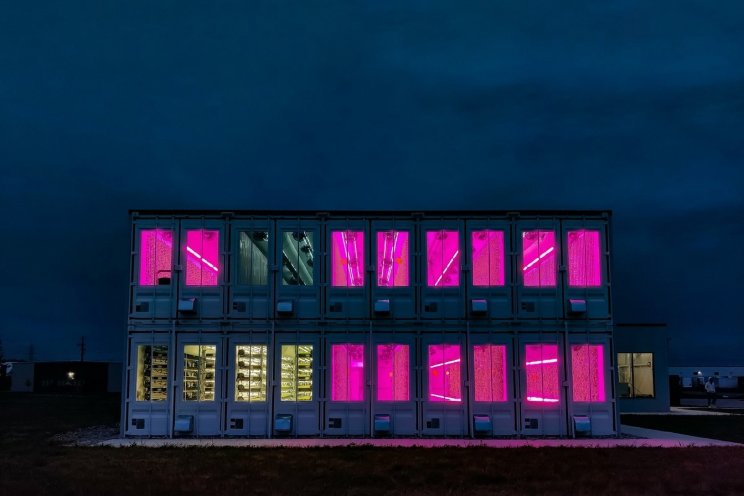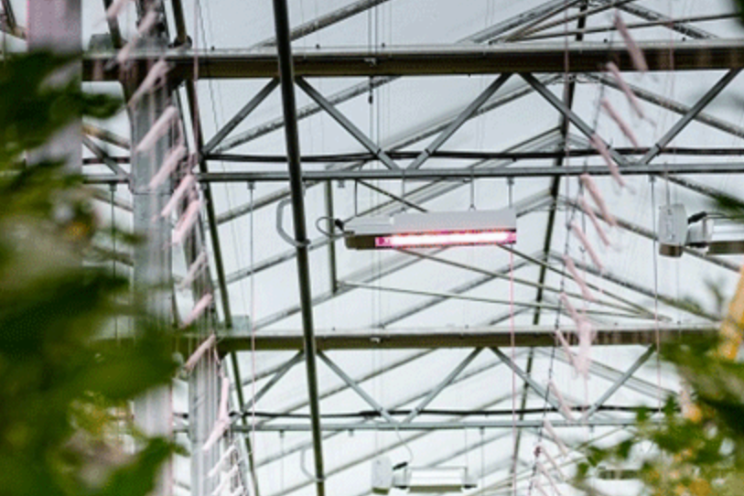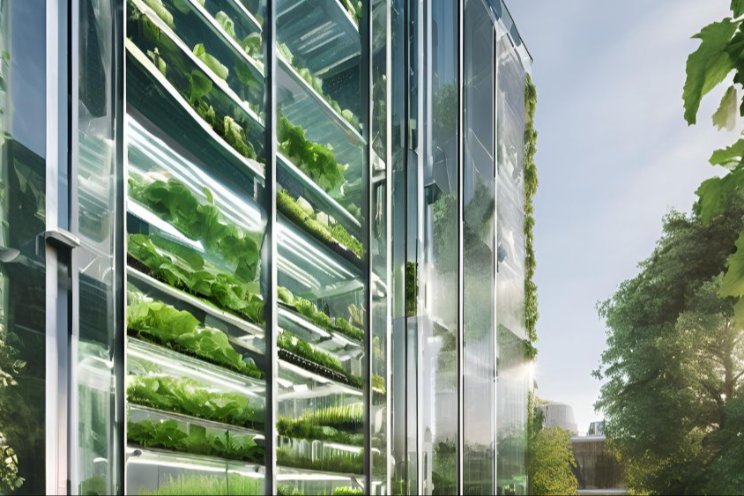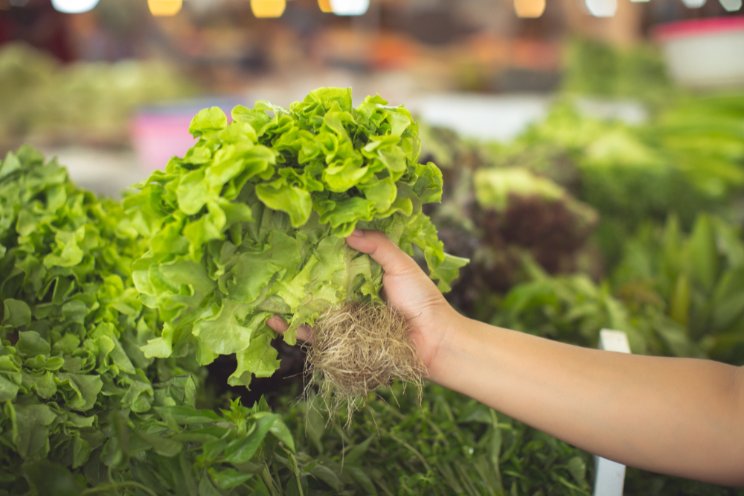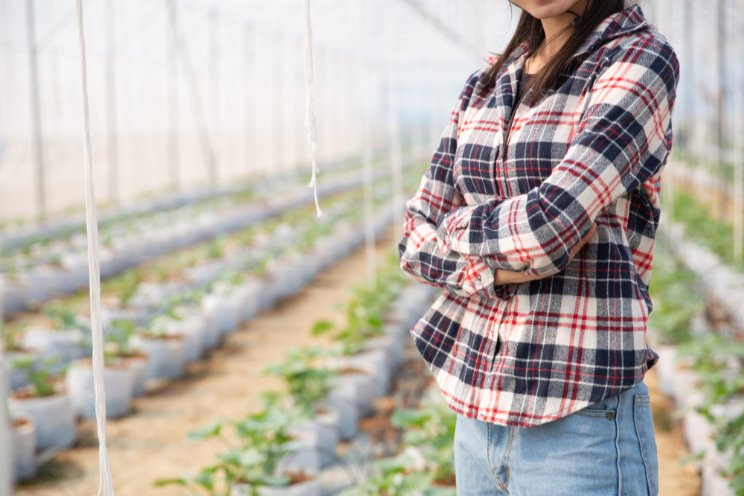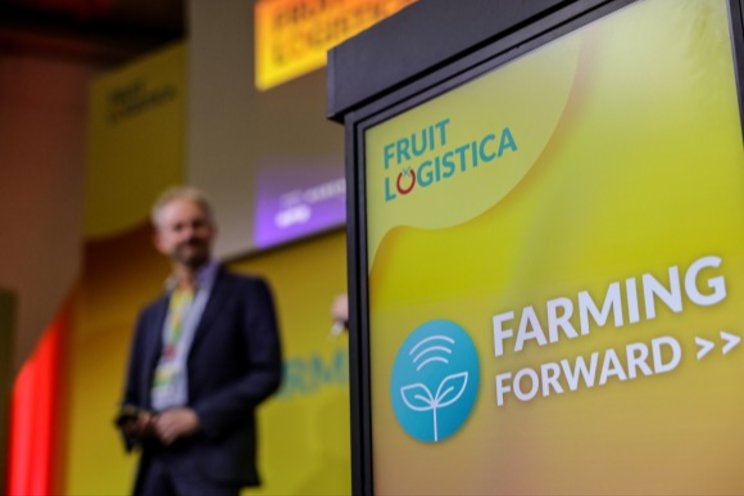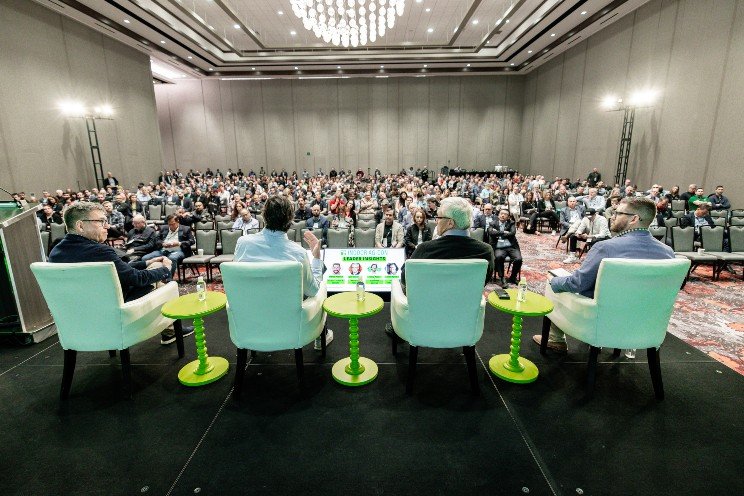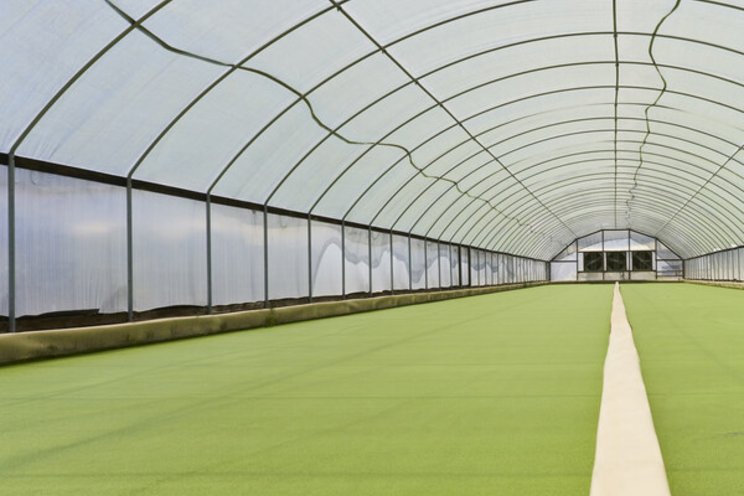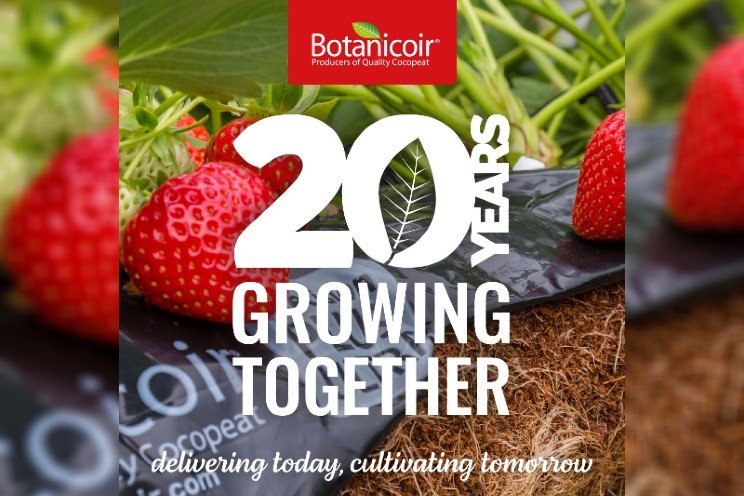CEA: Where horticulture and technology meet
Added on 03 May 2022
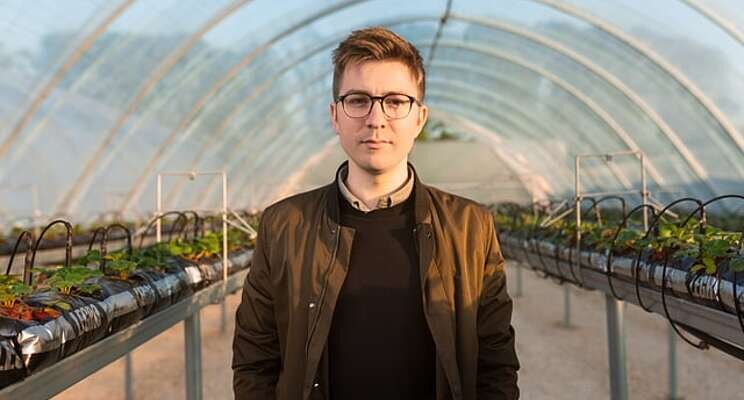
"In my opinion, we're at the end of the beginning," says Robert Colangelo, founding farmer and CEO of Green Sense Farms Holdings, which provides horticultural consulting and turn-key CEA solutions by designing and building vertical farms, greenhouses, and integrated facilities. "The market is no longer brand new; it's established and has critical mass. There are enough players now to weather the ebb and flow of the marketplace."
CEA promises to be part of the solution to sustaining a growing world population coping with challenges exacerbated by climate change, water scarcity, and supply chain disruptions. The current food supply chain system begs for an overhaul that concentrates on improving food safety and quality and creating greater resiliency at all levels. With environmental issues escalating, the entire food production industry also needs to be more cognizant of conserving natural resources and reducing its carbon footprint.
With urbanization and limited arable land, outdoor food production is unlikely on its own to meet the food requirements of future generations. Indoor growing is here to stay and a critical part of the future. Investors are banking on it.
Venture Capital: A Blessing or a Curse?
KD Market Insights reported that globally, the CEA market is projected to grow from more than $74 billion in 2020 to an estimated more than $172 billion in 2025. A flood of investment money is propelling expansion and opportunities in the U.S. CEA market. S2G Ventures predicted in its 2020 "Growing Beyond the Hype: Controlled-Environment Agriculture" report that the U.S. CEA market will grow five times in U.S. market share over the next 10 years and "this is likely to start with leafy greens — where indoor agriculture could become 10% plus of sourced product by 2025. More broadly, there is a clear path for U.S. indoor to grow to $1 billion in leafy greens alone by 2025."
Continue reading.
Photo by ThisisEngineering RAEng on Unsplash
Source: Greenhouse Grower
More news
